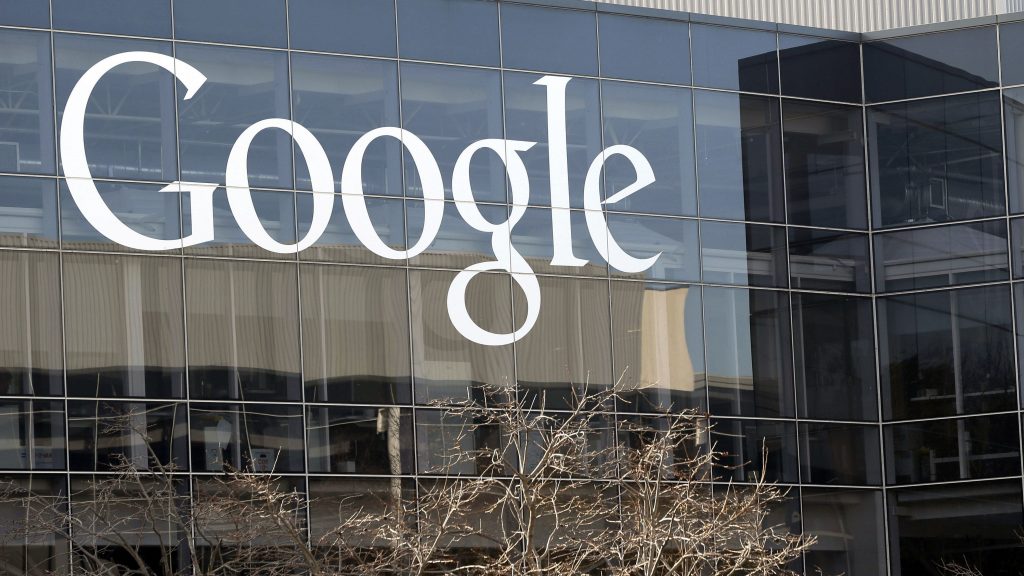
Fifty attorneys general are joining an investigation into Alphabet’s (NASDAQ: GOOGL) Google over possible antitrust violations, confirming reports that emerged last week about a bipartisan investigation into Google’s practices. The group includes attorneys general from the District of Columbia, Puerto Rico, and every state except California and Alabama. Texas Attorney General Ken Paxton, the initiative’s leader, announced the action at a press conference that featured a dozen Republican attorneys general plus the Democratic attorney general of Washington, D.C.
A key issue in the states’ investigation is whether Google abuses its market dominance in online search, advertising, and mobile operating systems to unfairly gain leverage in other markets. The probe will also examine whether Google’s business practices are stifling innovation and harming consumers. The Department of Justice is conducting its own antitrust investigation into Google and international authorities are also investigating Google’s business practices. The attorneys general said their investigation would remain independent from those of other areas of government.
The announcement closely followed one from a separate group of states launching an antitrust probe into Facebook’s market dominance. Attorneys general from seven states plus the District of Columbia are participating in the Facebook investigation. New York Attorney General Letitia James will lead the case. At the press conference, D.C. Attorney General Karl Racine said it “remains to be seen” if the two probes will be “a coordinated expansion.”
The two probes widen the antitrust scrutiny of big tech companies beyond the federal and congressional investigations and enforcement action by European regulators. Doug Peterson, Nebraska’s Republican attorney general, commented, “It really is significant the fact that you’ve got the U.K., France, Australia, the European Commission looking at this, all indicate that this is a significant issue.” So far, the regulatory action has had a minimal impact on the companies, with fines representing just a small fraction of their quarterly revenues.
